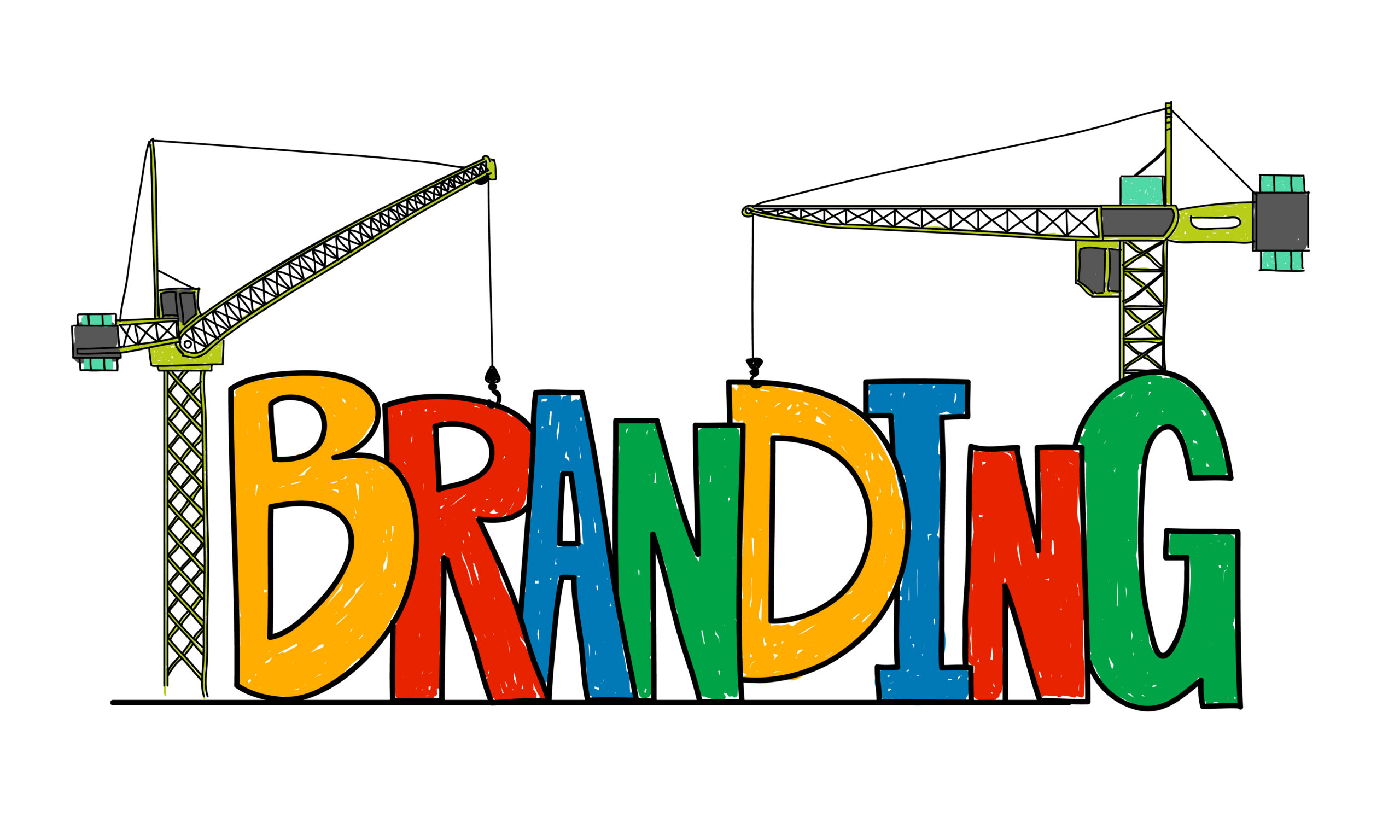Every review, every star, and every customer comment on Google impacts how others perceive your business.
Imagine searching for a service and seeing two companies; one with dozens of glowing reviews and another with none. Naturally, you’ll gravitate toward the one with social proof. This is the power of Google reviews management; it not only builds trust but also plays a crucial role in boosting your online visibility and SEO rankings. The connection between reviews and search performance is stronger than ever before.
When businesses invest in effective Google reviews management, they aren’t just protecting their brand image—they’re enhancing their discoverability. This blog explores how Google reviews influence search algorithms, the indirect ways they improve SEO, and why active management is essential. We’ll also share insights into leveraging customer feedback for credibility and improved engagement. By the end, you’ll understand why Google reviews are one of the most underrated yet powerful SEO assets and how Aiplex ORM can help you turn them into measurable growth opportunities.
Things to Know About Google Reviews and SEO
Before diving into the direct impact of reviews on SEO, it’s important to understand the fundamentals. Google reviews are not just feedback mechanisms—they are a ranking factor within Google’s local search algorithm. The way users interact with your business listings, leave feedback, and engage with your brand online sends powerful signals to search engines. These interactions tell Google that your business is trustworthy, relevant, and active.
Below, we break down the essential aspects that connect Google reviews with SEO performance.
1. The Role of Google My Business in Local SEO
Google My Business (GMB) listings are the foundation of any local SEO strategy. They determine how your business appears in local search results, including maps and the “Local Pack.” When users leave reviews through your GMB profile, Google collects this data as part of its ranking signals. Positive reviews and consistent engagement tell the algorithm that your business is legitimate and provides value. This enhances your visibility for location-based searches and drives organic traffic.
Incorporating keywords like “google reviews management” and “online reputation management” within your business description also improves your searchability. By keeping your GMB profile updated with accurate information, visuals, and timely responses to reviews, you demonstrate credibility to both customers and Google’s ranking system. It’s a strategy that aligns user experience with algorithmic favorability.
2. How Review Quantity and Quality Affect Search Rankings
The number of reviews your business receives plays a major role in SEO. Google’s algorithm considers review quantity as a sign of relevance and popularity. A business with 500 authentic reviews will almost always outrank one with 10, all else being equal. This is because volume indicates trust and engagement from real customers—both valuable signals for Google.
However, it’s not just the quantity but the quality of these reviews that matters. Detailed, keyword-rich reviews can help your business rank for long-tail search queries. Encouraging customers to mention specific services or products can naturally boost your keyword presence. That’s why effective Google reviews management involves requesting honest, detailed feedback and monitoring it regularly.
3. User Engagement and Click-Through Rates
Engagement metrics like click-through rates (CTR) and dwell time are vital for SEO success. When a potential customer sees a listing with multiple positive reviews, they are more likely to click through to your site. Google interprets this increased engagement as a sign of relevance, rewarding your site with higher rankings. In essence, reviews act as social validation that drives user behavior in ways that benefit your SEO.
To maintain this advantage, businesses should respond to every review—positive or negative—to foster trust and continued engagement. Active engagement improves the chances of repeat visits, shares, and overall brand loyalty. It also sends a strong message to search engines that your business cares about customer satisfaction.
4. The Impact of Keywords in Reviews
Reviews that naturally include keywords related to your services can significantly influence your SEO outcomes. When customers mention phrases like “best digital marketing service” or “top online reputation management company,” these become additional content signals for search engines. Google uses this data to match your business with relevant search queries, thereby improving visibility.
Encouraging reviewers to be specific about what they liked without explicitly requesting keywords helps maintain authenticity. Businesses should monitor and analyze reviews using reputation management tools to identify recurring keywords that customers use. This insight can then guide future content and SEO strategies for improved alignment with real user language.
5. The Role of Review Freshness in SEO Rankings
Freshness is another ranking factor that often goes unnoticed. Regularly receiving new reviews indicates to Google that your business is active and continuing to serve customers. Stale reviews or long gaps between feedback can lead to decreased visibility over time. That’s why consistent Google reviews management is vital for sustained SEO growth.
Responding promptly to new reviews also signals real-time engagement, which can positively affect your ranking potential. Whether the review is positive or negative, a quick and professional reply demonstrates brand attentiveness and reliability—qualities Google rewards in its algorithm.
How Google Reviews Boost Your SEO Rankings
Google reviews impact SEO through multiple interconnected mechanisms. These include both direct algorithmic influences and indirect behavioral signals that enhance your overall online presence. Understanding these mechanisms helps you create strategies that maximize the SEO value of every review.
1. Increased Local Pack Visibility
The Local Pack is the set of business listings that appear at the top of Google’s local search results. Businesses with a higher number of quality reviews tend to feature more prominently here. Google’s ranking algorithm favors entities that demonstrate trustworthiness through authentic customer feedback. The more reviews you have, the stronger your local authority becomes.
Optimizing your review strategy by requesting feedback after every transaction can significantly enhance Local Pack performance. Responding thoughtfully and maintaining an average rating above 4.0 increases your chances of consistent top-tier placement—a critical factor for generating local traffic.
2. Enhanced Click-Through and Conversion Rates
Search results with star ratings and visible customer feedback naturally attract more clicks. The human eye is drawn to social proof indicators, and reviews provide exactly that. Higher click-through rates (CTR) signal to Google that your listing satisfies user intent, leading to improved rankings over time.
Moreover, once visitors reach your website, positive reviews help convert them into paying customers. They build immediate credibility, particularly for first-time visitors who may not be familiar with your brand. This combination of increased traffic and improved conversion rates creates a powerful SEO cycle.
3. Lower Bounce Rates and Longer Dwell Times
When visitors find trustworthy reviews and relevant content, they tend to stay longer on your site. This increased dwell time reduces bounce rates—another ranking factor. Google interprets prolonged user interaction as a sign that your site delivers valuable content. In turn, this can elevate your position in organic search results.
Encouraging customers to share detailed reviews and linking them to informative landing pages creates a seamless experience that retains visitor attention. Over time, this integrated approach enhances both user satisfaction and search performance.
4. Social Proof and Brand Credibility
Online reviews function as digital word-of-mouth recommendations. They give potential customers confidence to choose your business over competitors. This social validation translates into measurable SEO advantages as users interact more frequently with trusted brands. Google prioritizes entities that users perceive as credible and relevant.
Maintaining transparency by addressing both positive and negative feedback strengthens brand authenticity. Through proactive Google reviews management, businesses can shape the narrative surrounding their reputation while reinforcing trust signals that align with SEO best practices.
5. Data Insights and Keyword Opportunities
Every review offers valuable data that can inform SEO strategies. By analyzing the language customers use in their feedback, you can identify new keyword opportunities. These insights can guide website copy, blog content, and even ad targeting strategies. Real customer language provides authenticity that keyword research tools often miss.
Regularly monitoring reviews helps businesses uncover trending topics and areas for service improvement. Using this feedback loop effectively strengthens both on-page optimization and customer experience—two key pillars of sustainable SEO growth.
Why Choose Aiplex ORM for Google Reviews Management
Aiplex ORM specializes in end-to-end online reputation management solutions that empower businesses to control their digital image. With expertise in Google reviews management, Aiplex ensures that every review works in favor of your brand. Their strategic approach combines technology, analytics, and human insight to enhance your visibility across Google Search and Maps.
The team at Aiplex focuses on monitoring, responding, and optimizing your reviews for SEO impact. By leveraging advanced sentiment analysis tools, they identify opportunities to improve customer satisfaction while amplifying positive feedback. With Aiplex ORM, you gain not only a cleaner reputation but also a measurable boost in search rankings, engagement, and conversions.
Conclusion
In the evolving landscape of digital marketing, Google reviews have emerged as a crucial component of SEO success. They bridge the gap between user perception and algorithmic ranking, creating a feedback ecosystem that fuels both trust and visibility. Whether it’s through improved click-through rates, higher local rankings, or deeper customer engagement, the influence of reviews on search performance is undeniable.
By prioritizing Google reviews management, businesses can transform customer feedback into a strategic SEO advantage. Partnering with a specialist like Aiplex ORM ensures that your reviews not only reflect your brand’s value but also contribute directly to its digital growth. With the right strategy in place, every review becomes more than just feedback—it becomes a stepping stone toward greater online authority and success.







